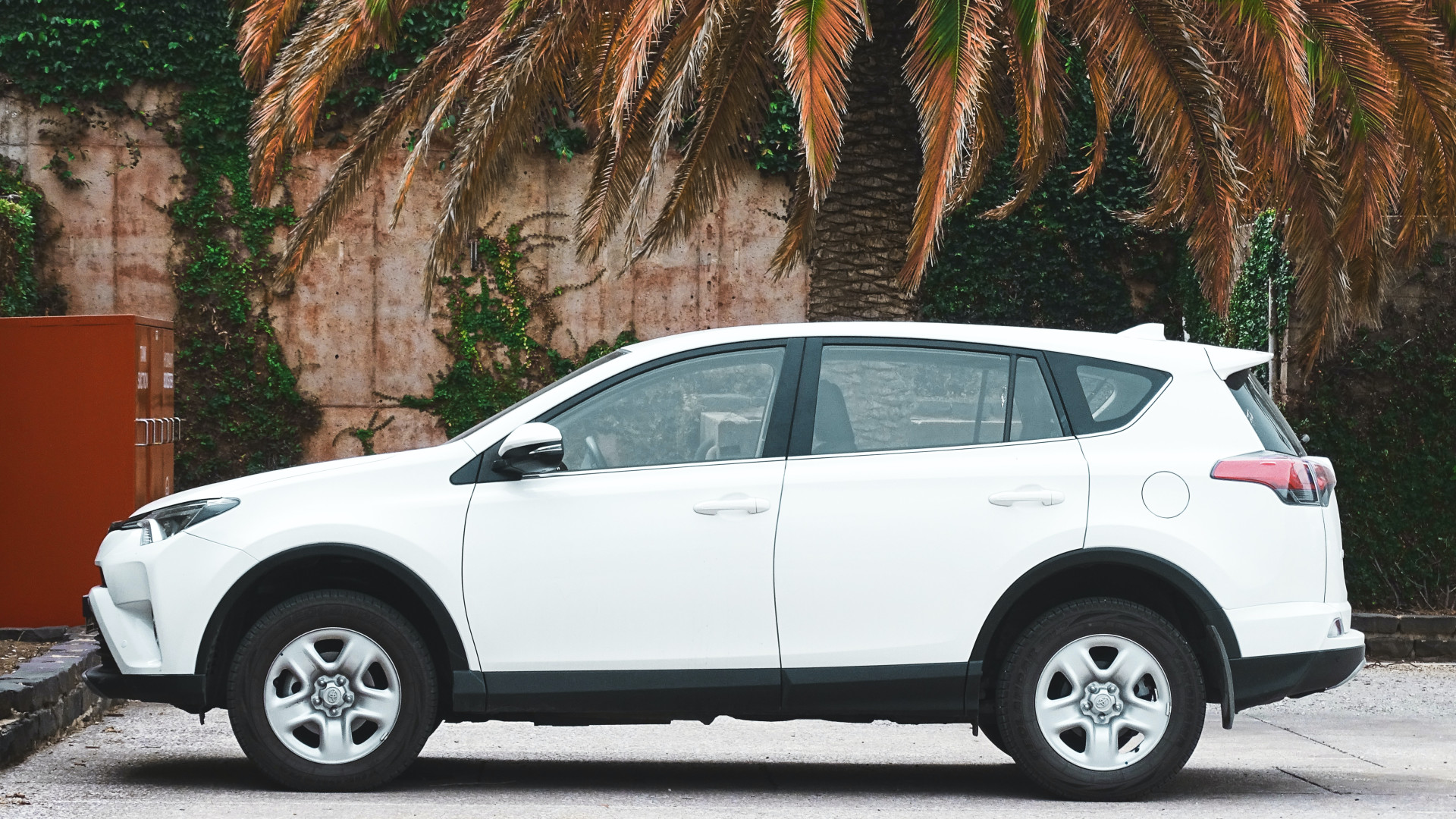Purchasing a new car can be an exciting but overwhelming process, especially if it’s your first time. There’s just so much to consider as you weigh different aspects such as performance, safety, and cost. After all, this is an important decision that will not only shape your day-to-day commuting but will also have a substantial impact on your finances. To simplify your decision-making, we’ve listed what we consider to be the top five factors you should carefully consider when purchasing your first car.
1. Budget: The Financial Framework
The first thing you need to think about should always be your budget. How much are you willing to spend on your car? Be realistic about what you can afford, not only in terms of the purchase price but also the ongoing costs that come with owning a vehicle. From fuel, insurance, maintenance, and repairs, there are probably more expenses than you realized. As a result, the cost of ownership will usually far exceed the initial purchase price. To help you organize your budget, you can use online calculators that estimate the total ownership costs over several years. Don’t forget to factor in the depreciation value as well; some vehicles will hold their value better than others, which is crucial if you plan to sell or trade in your car down the line.
 Photo by Benjamin Klaver on Unsplash
Photo by Benjamin Klaver on Unsplash
2. New vs. Used: Assessing the Value Proposition
Deciding between a new and used car will likely depend on your personal preference, budget, and risk tolerance. Sure, a new car can offer a variety of benefits from having the latest features, warranty coverage, and peace of mind knowing it hasn’t been previously mishandled, but that doesn’t mean you should ignore used cars. Used cars can be a much more affordable option and offer better value, especially since new cars tend to depreciate faster in the first few years. If you’re planning on buying used, just be mindful to request the vehicle’s history report and consider getting a pre-purchase inspection so you know all the details before purchasing.
 Photo by emrecan arık on Unsplash
Photo by emrecan arık on Unsplash
3. Size and Type: Matching Your Lifestyle
The size and type of the vehicle you choose should also match your lifestyle and needs. If you have a big family, you need to pick something large enough that will be comfortable for everyone; in these cases, a minivan or SUV are great choices. For city dwellers who need a car for short commutes, a compact car would probably be ideal. One important factor to consider here is your cargo needs - do you often need space to carry large items? If so, look for a vehicle with ample storage space. Another thing to consider is the car’s off-road capabilities. If you’re someone who loves a great outdoor adventure, this could definitely be a deciding factor.
 Photo by Vlad Kutepov on Unsplash
Photo by Vlad Kutepov on Unsplash
4. Fuel Efficiency: The Ongoing Cost
There’s no doubt that a car’s fuel efficiency, often measured in miles per gallon (MPG), is a critical factor that should be carefully reviewed. The higher the MPG, the less the car will cost to run, meaning you get to save money. This is a vital aspect to consider, especially with the recent rise in fuel prices. If fuel efficiency and gas prices are really important to you, it may even be worth venturing into the electric vehicle market as they have lower running costs and better environmental impact.
 Photo by Christian Wiediger on Unsplash
Photo by Christian Wiediger on Unsplash
5. Safety Features
Thanks to the many technological advances in the automotive industry, many cars now boast amazing safety features. Safety should never be compromised when purchasing a vehicle. When looking for the right car, you should consider if they have safety features like anti-lock braking systems (ABS), electronic stability control (ESC), ample airbags, and advanced driver-assistance systems (ADAS) like automatic emergency braking or lane-keeping assist. One way to get a quick overview is to check the car’s safety ratings done by authorities like the National Highway Traffic Safety Administration or the Insurance Institute for Highway Safety.
 Photo by David von Diemar on Unsplash
Photo by David von Diemar on Unsplash
Although there’s a lot of information to consider, purchasing your first car is still an exciting journey. By considering these five factors: budget, new vs. used, size and type, fuel efficiency, and safety features, we’re sure you’ll be able to find the car you’ve always dreamed about soon.







